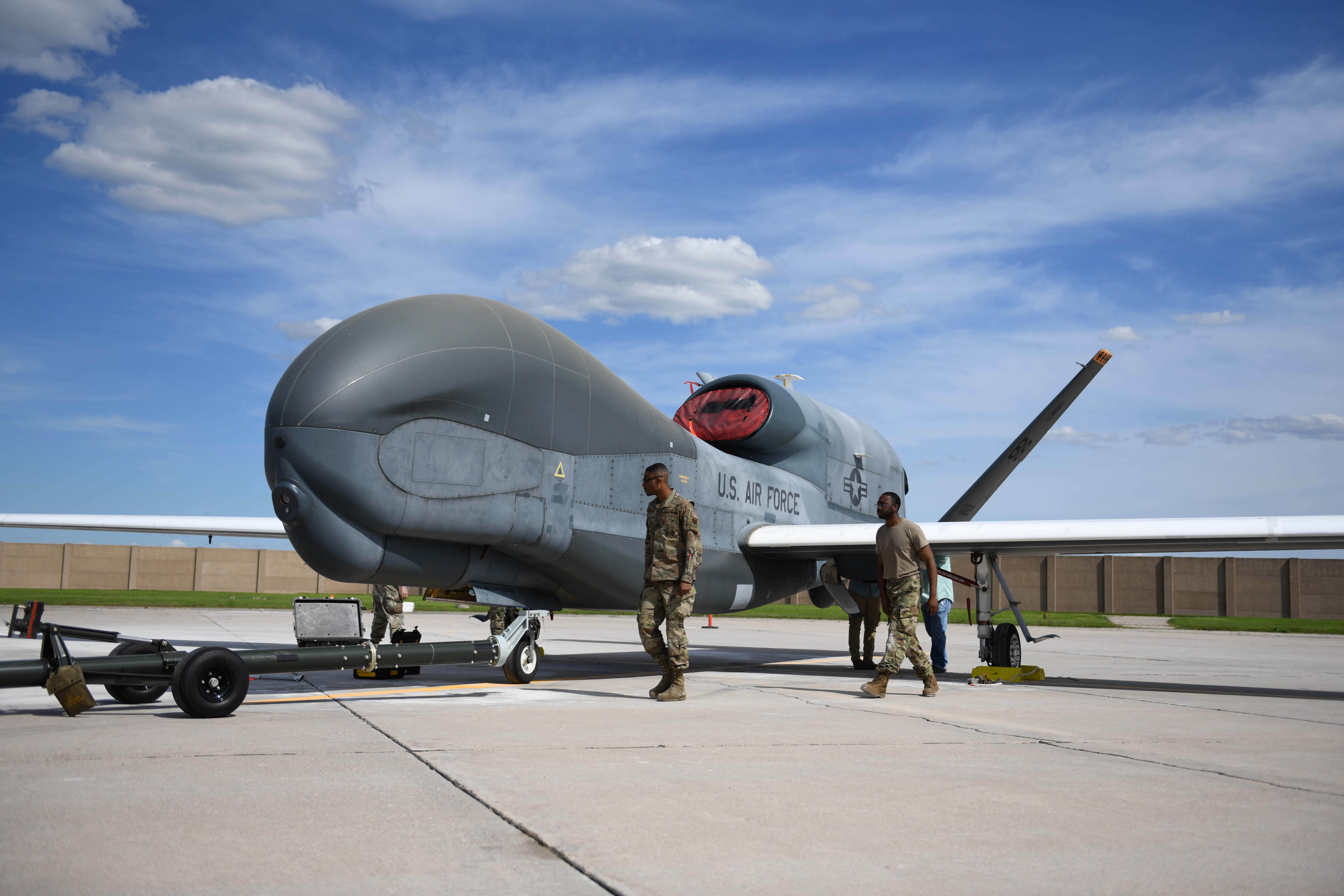Robinson Helicopter Company president Kurt Robinson said customers can expect spares availability to increase and delivery times this year to substantially decrease, as issues affecting the global supply chain appear to be easing.

Robinson said the company has been hit by the same constraints affecting most of the industry, but that he could see “the light at the end of the tunnel” in terms of a return to more normal levels of parts supply.
“We are ramping up, we can see the amount of product going out the door is getting higher, and our suppliers are finally getting the materials and the parts they need to increase sales,” he told attendees at HAI Heli-Expo in Atlanta, Georgia, during his annual press briefing.
He said the company delivered 258 helicopters in 2022 — up from 244 aircraft the previous year. Those included 15 R22s, 101 R66s, and 142 R44s (86 Raven IIs, 51 Raven Is, and five Cadets). Robinson noted that it was the first time R66 deliveries exceeded those of the R44 Raven II.
“Now that operators are getting comfortable with the aircraft and realizing and appreciating the R66’s capabilities, we expect the R66 sales to not only continue but to increase on that,” he said.

RHC has a backlog of 130 orders for the type, and Robinson said he hopes to have all those aircraft delivered this year.
RHC’s total backlog is 350 aircraft. Robinson said that could mean the company is sold out for the year, but that it was “trying to do everything we can” to increase output to open up delivery slots this year. The company’s current production rate is three R66s per week, 3.5 R44s per week, and one R22 every two weeks.
Staff numbers have returned to pre-Covid levels, and Robinson said he hoped to add a further 70 employees to reach 1,100 staff by the end of this year.
“It’s a slow process, but frankly the in-house labor has not been a constraint as much as with the difficulties with our suppliers,” he said. “We’re pushing in that area as the economy has come back to life and has grown, we have seen a substantial increase in the amount of hours flown worldwide.”
Robinson also detailed new products for the company’s range of aircraft.
An electronic ignition system (EIS) for the R22 and R44 is now in full production, and Robinson said RHC and Lycoming would be issuing a service letter “in the next few weeks” detailing how owners can upgrade or retrofit their aircraft with the EIS.
In 2022, RHC gained approval for a night vision goggle (NVG)-compatible cockpit and laser eliminator. The completion was performed in-house, and the first NVG-compatible aircraft was delivered to Polk County Sheriff.
“I think NVG for the police and government applications is something that just has to happen,” said Robinson. “We have now integrated [that completion capability] into our production.”
The company recently certified a pressure refueling system for the R66, targeted primarily at agricultural operators that require fast turnarounds when refueling. This has a list price of $18,000.
Robisnon said a new version of the Genesys Aerosystems HeliSAS and autopilot has been certified, providing smoother performance and new features.
The company is also working with Garmin on a separate autopilot.
“It’s great to have competition, it improves everything,” said Robinson. “If there’s pressure on Genesys because the Garmin’s great and vice-versa, we like to see that — and frankly we want the market to decide.”
RHC is continuing to work on making unleaded aviation fuel an option — something Robinson said he has been pushing for since 2014 and “is long overdue.”
“It needs to happen in our industry and we all have to put a greater sense of urgency on working together and getting collaboration and cooperation to get this solved,” he said.
Robinson added that there was “a lot of misinformation” on the topic, and that there is no unleaded 100 octane aviation fuel currently in distribution. “From my understanding, it’s still going to be a while,” he said. “This is something that needs to be solved. And it’s only going to happen with everybody working together.”
He said diesel fuel “has a lot of value,” but that there were “a lot of things that have to be solved” to allow its use.
The company used a blend of 25 percent sustainable aviation fuel (SAF) in its aircraft at its facility in the summer, and Robinson said it ran well with no issues.
“Everybody’s talking about increasing that [percentage blend of SAF] — we haven’t done it at 50 percent or higher,” he said. “But at this point, we don’t really see it as being an issue as it becomes available.”
The company is also “looking carefully” at electric, said Robinson, but that battery technology was a “little ways off” maturity.
RHC is celebrating its 50th anniversary in 2023, having been founded by Robinson’s father Frank in 1973.
“I was 15 years old when my father decided to set up in our living room and get started — back then it was known as the project — and nobody had any idea of where we would end up today,” said Robinson. “It’s overwhelming . . . the last 50 years of what we’ve done and what we’ve accomplished.”
He also paid tribute to Frank, who died in November 2022 at the age of 92.
“He was both a pioneer and a legend in aviation,” said Robinson. “The letters and the comments that we’ve received from people have really inspired me and everybody at Robinson Helicopter Company — and we’re going to pursue Frank’s legacy into the future and hopefully that will be showing up in the products and everything that we produce.”





